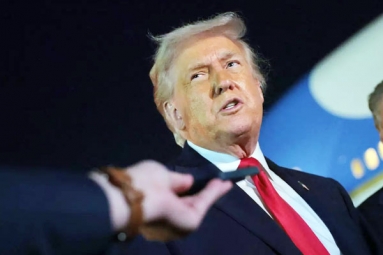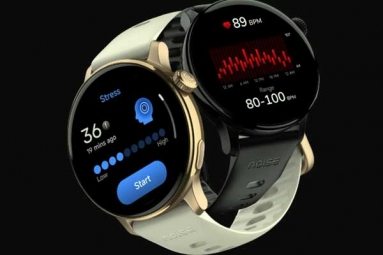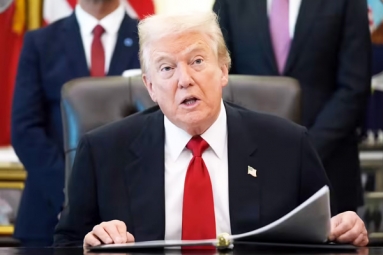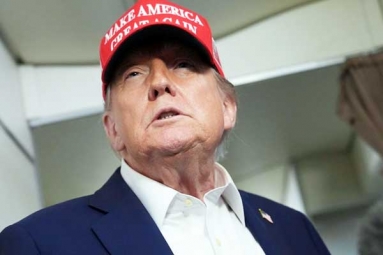RBI Official : India Has Entered Recession For The First Time, Q2 GDP to Drop Off At 8.6%
November 12, 2020 14:15
(Image source from: entrackr.com)
According to a RBI official, India to experience a recession for the first time as the GDP is likely to contract by 8.6 per cent for the July-September period.
Due to the Covid-19 pandemic, the first half of this fiscal with two successive quarters of negative growth is expected.
Based on the researchers views in an article published in the RBI's monthly bulletin released on Wednesday, they have come to this analysis. So far, it is not the central bank's views.
A year ago, in April-June quarter, the percentage of GDP was better. This year, due to the pandemic, there is a contraction of 23.9 per cent in the GDP for the April-June quarter.
For the full fiscal year, the RBI has estimated that the economy would contract by 9.5 per cent.
As per an article titled 'Economic Activity Index' that is monitored by Pankaj Kumar of the Monetary Policy Department, "India has entered a technical recession in the first half of 2020-21 for the first time in its history with Q2 2020-21 likely to record the second successive quarter of GDP contraction.
It, however, added that the contraction is "ebbing with gradual normalization in activities and expected to be short-lived."
The index is constructed from 27 monthly indicators using a dynamic factor model and suggests that the economy rebounded sharply from May/June 2020 with the reopening of the economy, with industry normalising faster than contact-intensive service sectors, it said.
The economic activity index can be used to gauge directional movements in GDP growth well ahead of official releases, it said.
Later, this month, the data would be released.
Due to the pandemic, there is an increase in household financial savings to 21.4 per cent of GDP for the June quarter and it was 7.9 per cent in the June 2019 quarter and 10 per cent in March 2020 quarter.
"The sharp increase is counter-seasonal and may be attributed to the COVID 19-led reduction in discretionary expenditure or the associated forced saving and the surge in precautionary saving despite stagnant/reduced income," it said.
The estimated increase in financial savings looks consistent with other macroeconomic statistics, in particular the decline in private final consumption expenditure and the surplus position in the external current account, it said.
The "yawning gap" between credit extended and deposits mobilised during the April-June period contributed to the spike in household financial savings as the financial instruments relating to banks continue to dominate the household financial assets and liabilities, it said.
By Neha Makhija





















